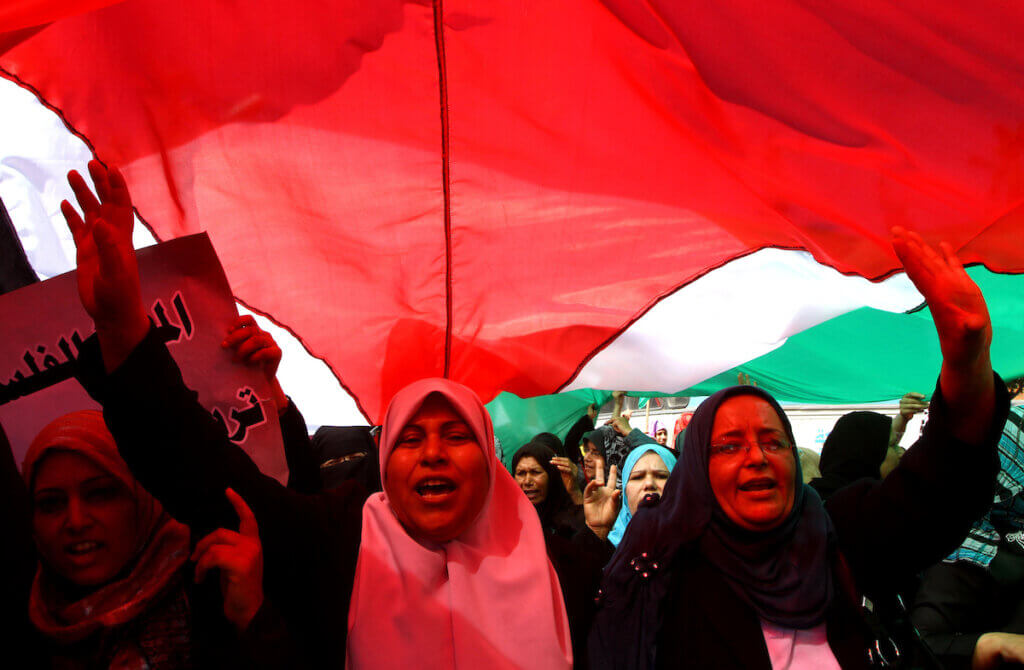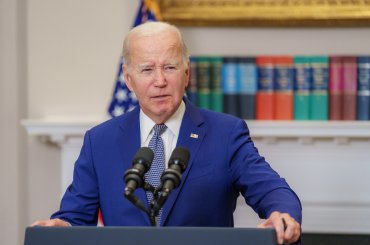In recent years the global discourse on Palestine has shifted to finally grasp the reality of Zionism as an apartheid system, but also, that Zionism, like all oppressive systems, has gendered manifestations, is incompatible with feminism, and enacts sexual violence on Palestinian women and queers.
Similar to how Palestinian human rights organizations like Al Haq, Addameer, and Al Mezan have been calling Israel an apartheid state for decades before international NGOs finally reached that conclusion, in Palestine many feminist groups have exposed and denounced the myriad ways Israel’s violence has targeted and impacted the more vulnerable groups within Palestinian society. Their analysis has always been intersectional, steeped in the understanding that women and queers are impacted by both Israel’s settler colonialism and Palestinian society’s patriarchal values.
These groups include alQaws for Sexual & Gender Diversity in Palestinian Society, who describe themselves as “local/global, anti-colonial, queer feminist,” and who have long maintained that Israel’s settler colonialism is one of the many oppressive systems Palestinian queers face daily, and as such, queer liberation requires ending Israel’s settler colonial project.
Similarly, Aswat Palestinian Feminist Center for Gender and Sexual Freedoms, which focuses on women’s and queer’s empowerment, have repeatedly stated that “freedom” can only be achieved in a just society—which Israel is not. Aswat’s founder, Ghadir Shafie, is eloquent in explaining that Israel’s “gay friendliness” towards Palestinians is a tool of settler colonialism, as it hinges on the erasure of their cultural identity. As such, queer Palestinians cannot be “safe” in Israel. AlQaws and Aswat have been instrumental in exposing pinkwashing as a propaganda tool utterly unconcerned with the welfare of queer Palestinians.
Another Palestinian grassroots group that has impacted the international conversation around gendered violence is Tal’at, the Palestinian women’s organization that took to the street in the aftermath of Israa Ghrayeb’s murder, chanting that there can be “no free homeland without free women.”
Here in the U.S., one group that has helped shape the conversation–and which I am part of–is the Palestinian Feminist Collective. This month, on the one-year anniversary of the launch of the PFC, the many contributions of Palestinian diaspora feminists are noticeably bearing fruit, as we witness a significant change in the global discourse around feminism as an anti-colonial worldview, which must reject Zionism.
This change has been a while in the making, and I, for one, saw its clear proof in the formation of the Zioness Movement, when mainstream Western feminism, which had long been Orientalist, colonialist, and Zionist, became reactive, defensive, clearly worried that it was losing its grip on the American street.
The longstanding uncritical embrace of Zionism amongst white feminists is evident in their iconization of former Israeli prime minister Golda Meir, who was the most admired woman in the US according to a 1974 Gallup poll. Meir had been described by David Ben-Gurion as the “best man in the government,” even as Israeli women commented on the fact that her leadership did not advance women’s causes in the least. An entry in the Jewish Women’s Archives notes soberly that Meir “did not wield the prerogatives of power to address women’s special needs, to promote other women, or to advance women’s status in the public sphere. The fact is that at the end of her tenure her Israeli sisters were no better off than they had been before she took office”
White feminism’s uncritical stance towards, and embrace of Zionism, is also clear in the veneration of the late Ruth Ginsberg Bader, who expressed great admiration for Israel’s judiciary system, and was proud to accept Israel’s Genesis Prize Lifetime Achievement award in 2018.
Meanwhile, Arab and Arab American feminists have had to argue that “Arab feminism is not an oxymoron,” and have documented, over and over again, that Zionism is settler colonialism, and as such, always gendered and sexually violent.
Today, however, and working in joint struggle with other women of color, we have finally reached a turning point in the US, as evidenced by that fact that the “Zionesses” have to insist that Zionism and feminism are compatible, while their claim is drowned in the global recognition that Israel, an apartheid state which legitimizes violence and persecution, cannot be reconciled with feminist aspirations. The national conversation that took place in the streets as well as on the pages of news websites such as The Nation and The Forward, around the time of the 2017 Women’s March, where Palestinian women argued persuasively that one cannot be both Zionist and a feminist, crystallized the national shift that was taking place.
When the PFC formed in 2021, then, there was a genuine need among progressives in the U.S. to look to Palestinian feminists for a clearly articulated vision for liberation that addresses both social and political liberation, the micro and macro levels of gendered oppression. As the PFC states on its Facebook page (a website is in the works, but not up yet): “Our anti-colonial approach centers the political urgency of the Palestinian struggle and works to resist the normalization of Zionist violence, oppression and hegemony in all aspects of US public life, especially within feminist and women’s spaces.” The fact that our pledge was endorsed by thousands within hours, and continues to be translated into different languages and circulated around the world, along with our vigorous interventions in local and global discussions about feminist liberatory praxis, are proof that there has been a major turning point in the mainstream understanding of feminism as an ideology that does not center women’s individual achievements, but rather aspires to collective liberation, beginning with society’s most vulnerable: young children, gender non-conforming teens, flamboyant queens.
This International Women’s Day, then, as we celebrate our feminist vision for liberation by affirming that there can be no free homeland without free women, let us also assert that there can be no free society without free queers, and free children. They have always been our leaders, and we stand to learn from them, as they rise above binaries, reaching out across boundaries, laughing at society’s archaisms, and modeling the alternative.



There will be “no free homeland without free women,”
“Women are impacted by…..Palestinian society’s patriarchal values.”
_____________________________________________________
Saying patriarchal society must be challenged by Palestinians seeking freedom?
One Ahed Tamari facing off a soldier is more powerful than 100 boys throwing stones.
“A feminist vision for liberation”
Laughs in Israa Ghrayeb.